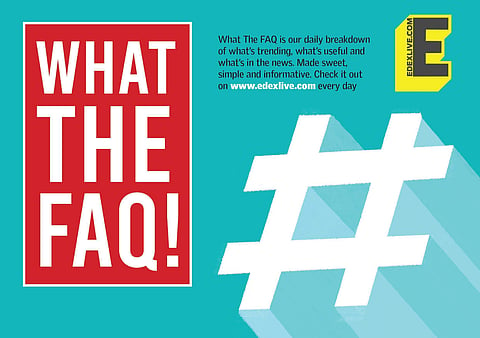

August 5, 2020 marks the second anniversary of the abrogation of Article 370 of the constitution. Soon, it also led to the formation of two Union Territories — Jammu and Kashmir, and Ladakh. So, what is this particular article all about? We explain it here.
What did Article 370 say?
Article 370 was a provision in the constitution of India that allowed special provincial powers to Jammu and Kashmir. As part of this, the erstwhile state of Jammu and Kashmir had a separate constitution, a state flag and autonomy over the internal administration of the state. The Centre's legislative powers over the State were limited, at the time of framing the Article, to the three subjects — defense, foreign affairs and communications. According to Article 370, other constitutional powers of the Central Government could be extended to the State only with the concurrence of the State Government — the 'concurrence' was only provisional.
How old is it?
Article 370 was enacted in 1954 and was a recommendation made by the Jammu and Kashmir constituent assembly. Later, when the J&K Constituent Assembly created the state's constitution and dissolved itself without recommending the abrogation of Article 370, the article was deemed to have become a permanent feature of the Indian Constitution.
Why was it abrogated?
The abrogation was part of the Bharatiya Janata Party's manifesto since 2014. Former Prince Regent and Congress leader Karan Singh opined that an integral review of Article 370 was overdue and, it need to be worked on jointly with the State of Jammu and Kashmir.
Can the abrogation be revoked though?
Until now, the union government hasn't said anything in this regard. However, the Supreme Court of India, on April 3, 2018, had declared that Article 370 has acquired permanent status. It added that since the State Constituent Assembly has ceased to exist, the President of India would not be able to fulfill the mandatory provisions required for its abrogation. But it has to be noted that this was before the abrogation.
What followed this?
Following this, the entire region of Jammu and Kashmir and Ladakh were under lockdown. Internet shutdowns and curfew were imposed here continually. Also, right before the abrogation, many leaders including Farooq Abdullah, Omar Abdullah and Mehbooba Mufti. Recently, 14 major leaders from the valley met the Prime Minister and the Home Minister to discuss the fate of J&K and to expedite elections in the state.
